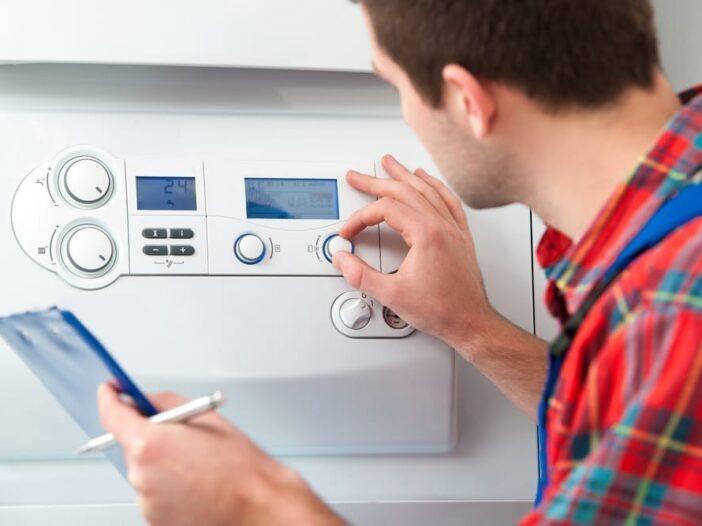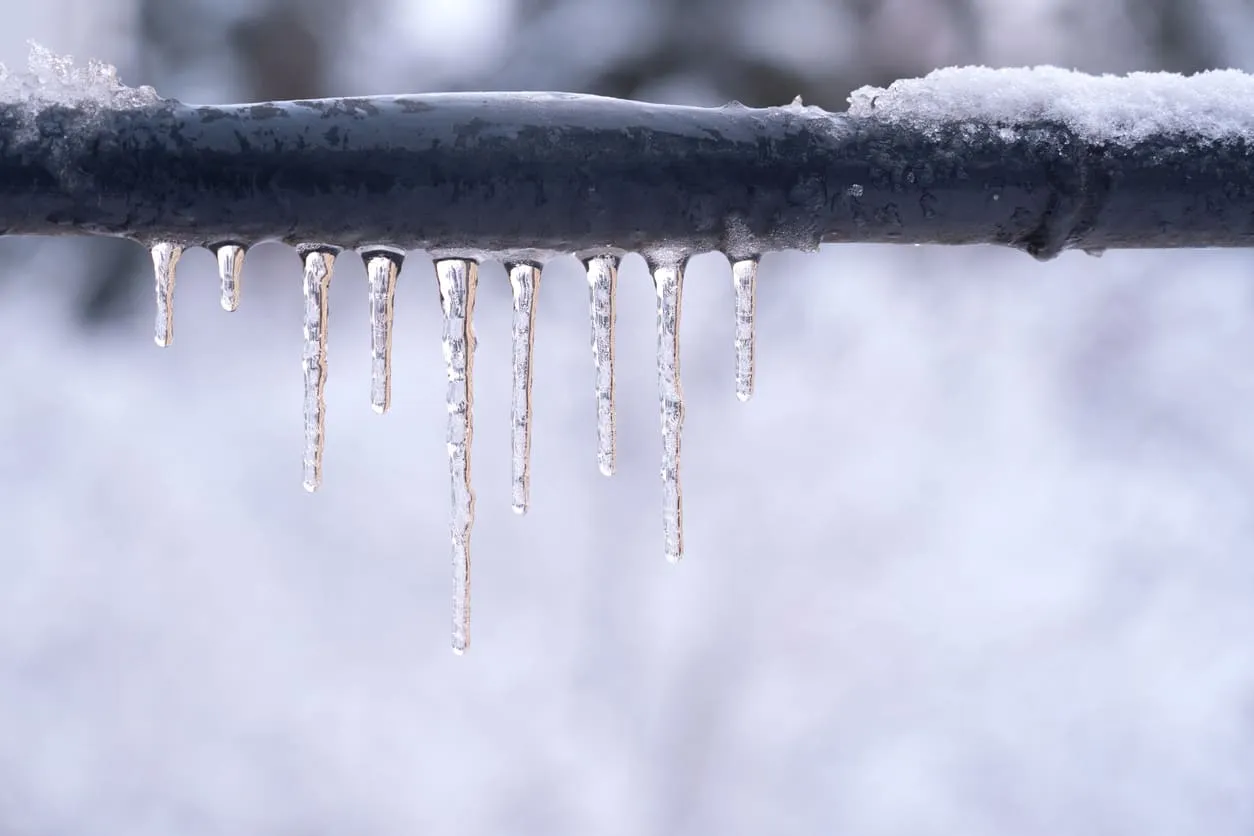
The frigid winter temperatures of more northern states can wreak all manner of havoc on the people who reside there from hazardous roads to damage from falling trees. One slightly less dangerous but certainly troublesome issue many of us face is freezing pipes. Whether you live in an older, draftier house or certain areas of your home don’t get enough heat, frozen pipes can slow down your home life or even cause permanent damage from bursting and a need for complete replacement and potentially thousands of dollars in property damage. Luckily there are a few tips to utilize to make sure you don’t have to contend with this avoidable disaster.
- Keep your thermostat setting consistent – It might be tempting to turn down the setting on your thermostat during the day when nobody is home, or during the night when you’re asleep beneath several layers of blankets, but doing so poses risks whenever a cold snap occurs. If you leave your home for a few days for a trip, it’s generally a good idea to keep your heat running. It might seem like a waste to heat a home with nobody in it, but without heat running through the entirety of the house, a pipe may freeze and burst, wasting far more money than would have been saved. Between 50 to 55 degrees Fahrenheit is considered a safe minimum range to maintain.
- Let your faucets drip – If the night is going to be particularly cold, then you might want to consider letting your faucets drip overnight. It’ll be a small hit to your water bill, certainly, but once again, that still pales in comparison to the cost of fixing a burst pipe. Better safe than sorry! Make sure that if your faucets are supplied by both hot water and cold water pipes that both taps are turned on ever so slightly so that the pressure in both pipes is relieved. If your faucets do end up suffering damage from a cold snap, then the next step would be to call services for sink or shower faucet repair in Polk County, IA, and other nearby areas.
- Seal exterior doors, open interior ones – It’s common sense that making sure your doors leading outside (including your garage door) are properly closed and sealed so that drafts of freezing air can’t seep in. Interior doors are often forgotten, however, and rather than keeping them closed, you should be keeping them open. Open doors allow the heat to flow more freely around the house, making sure certain areas don’t get too cold from being cut off. Opening your cabinet doors in the kitchen and bathroom that house exposed pipes is an excellent step to take as well.
- Keep your furnace or boiler up-to-date – Now obviously a broken furnace won’t heat your home at all, and in those precious moments, while you wait for repairs, your pipes could freeze in what would basically be a chain reaction of expensive problems. Getting your furnace or boiler regularly checked during the cold months can prevent this from ever happening. If your heating system is getting on in its years, then it won’t work as well as it used to. It won’t distribute heat throughout the house evenly, with rooms farther from the source getting colder than those closer. Older heating systems are also far more likely to break down often, which can get expensive over time. If you feel like it’s about time to upgrade to something more reliable and effective, then contact us for boiler or furnace installation in Polk County, IA, before the winter sets in.
Hopefully, with all the right precautionary measures taken, you can avoid dealing with the catastrophic fallout of burst pipes or broken down heaters. If you want to rest well knowing that your pipes and heating are up-to-date, or need same-day repairs from qualified plumbers, electricians, and HVAC techs, then contact Lazer Home Services now!
Recent News
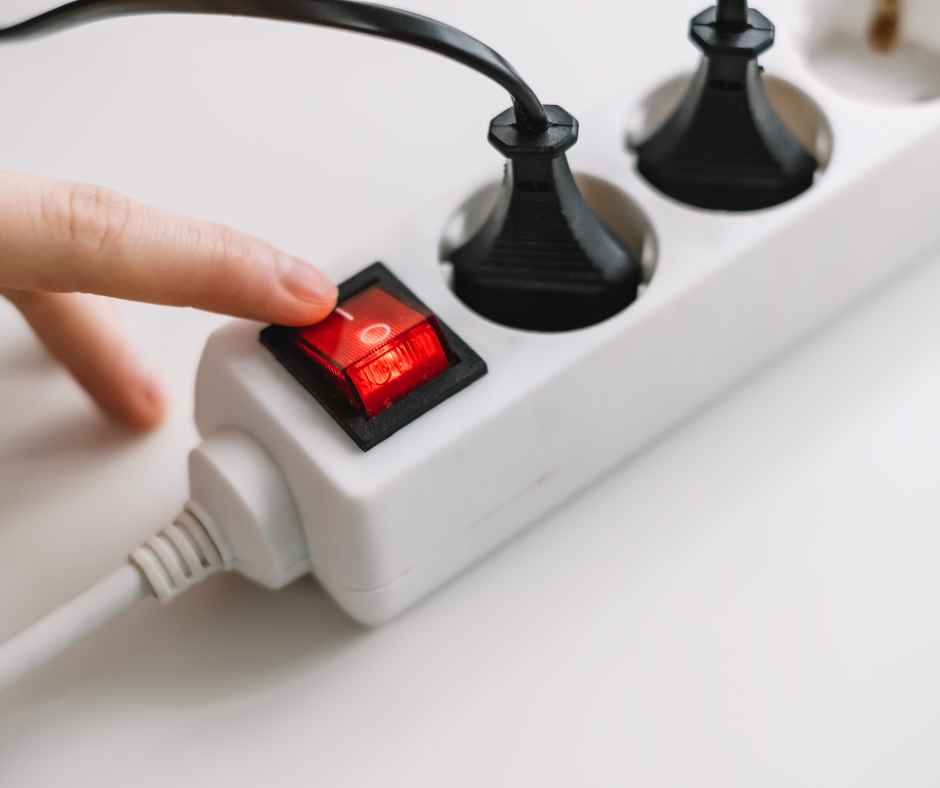
What Does a Surge Protector Do?
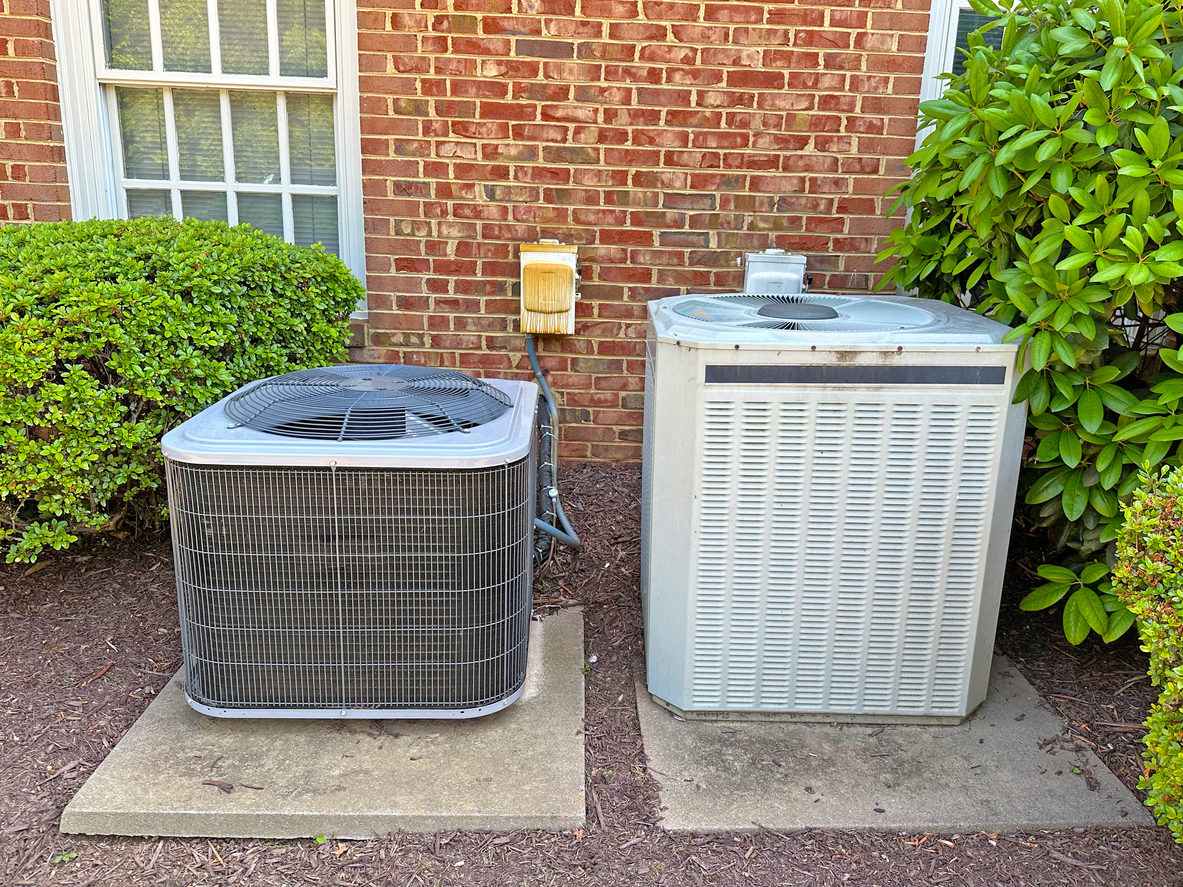
Does Air Conditioning Lower Humidity?
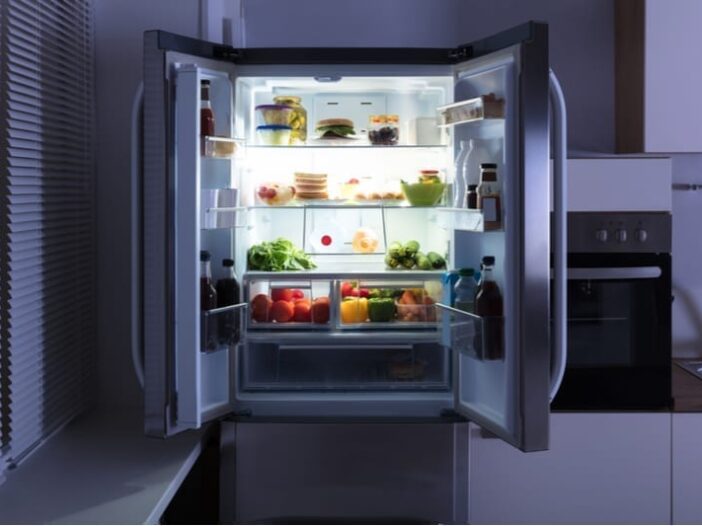
R-22 Refrigerant Phased-Out in the Fight Against Climate Change
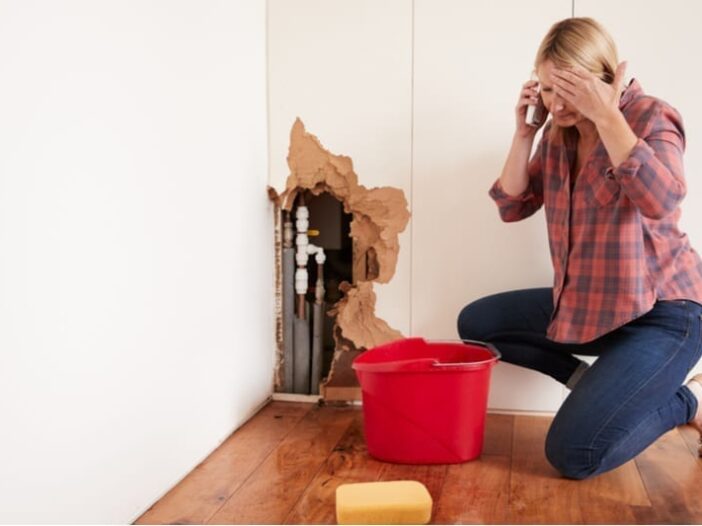
How to Help Prevent Burst Pipes in the Winter
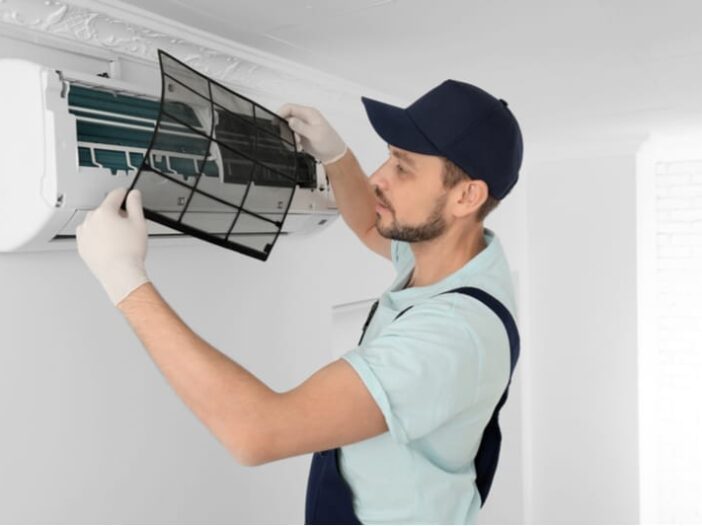
Get Your AC Unit Ready for the Summer Heat with Lazer Home Services!
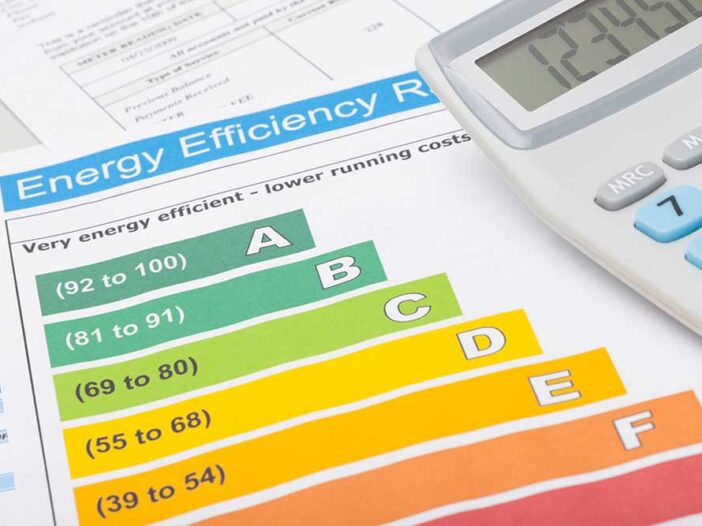
Save Money On Energy Costs This Spring By Following These Simple Tips
